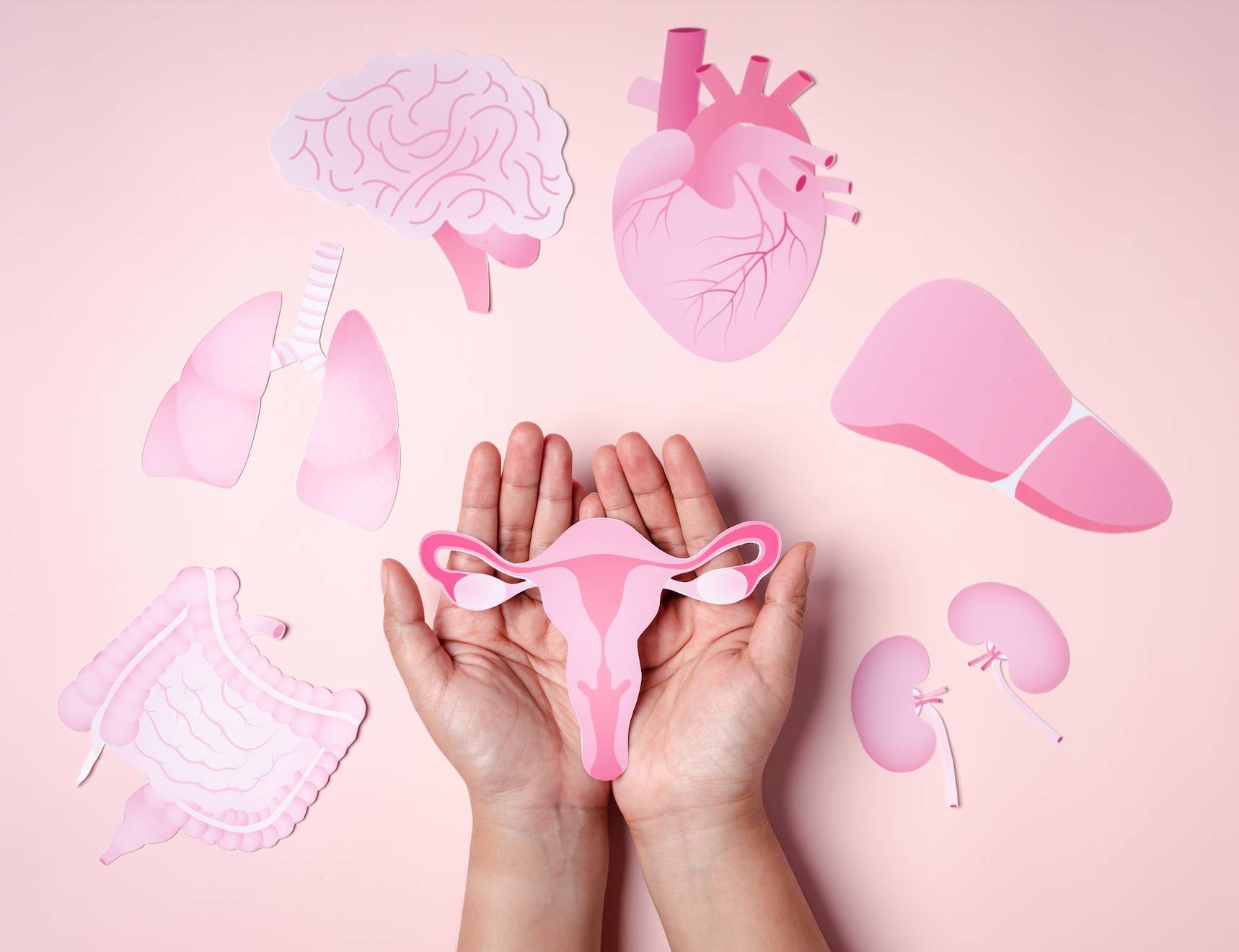Dietary intake and menopausal symptoms in postmenopausal women: A systematic review
This 2021 review aimed to analyze the literature on the relationship between dietary intake and menopausal symptoms among postmenopausal women. After conducting a search on various databases for related studies, 3828 articles were identified, and 73 studies were included in this review. The association between intensity of menopausal symptoms with nutrient and food intake and eating patterns was evaluated in 19 of these articles. Studies looking at diet quality and dietary patterns revealed that eating more vegetables, whole grains, and unprocessed foods was linked with having lower-intensity psychological symptoms, sleep disorders, and vasomotor (e.g. hot flashes), urogenital, and somatic symptoms. The intensity of these symptoms also correlated with consumption of high-processed foods, saturated fats, and sugars. In the studies examining nutrients and individual foods, the authors found interlinks between caffeine intake and type of fat intake with intensity of menopausal symptoms. In summary, this review concludes that dietary intake is related to the severity of menopausal symptoms, but the evidence for the relationship between dietary consumption and menopausal symptoms is inconsistent, inconclusive, and in short supply. [NPID: diet, menopause, menopausal symptoms, hot flashes, psychological, sleep, nutrition, menopause severity, processed foods, caffeine]
Year: 2021
 Navigation
Navigation






